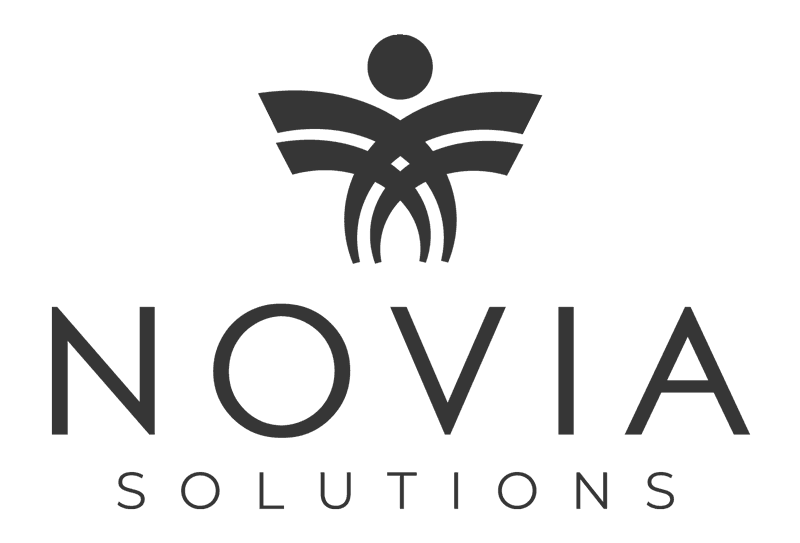When it comes to landing a new position, every clinical leader hopes to start by putting their best foot forward. Whether it is for an interim or permanent position, every role poses a unique set of challenges. That is why it is so important for clinical leaders to stay focused on the right things when making the transition.
After all, “you are drinking from the proverbial fire hose while trying to get settled and figure out how to start to have an impact. It’s easy to take on too much or to waste your precious time. So, it helps to have a set of questions to guide you”1. Here are the five most important things to keep track of when starting any new position:
1. Define how you are going to begin creating value. Important questions to ask yourself include the following:
- Why were you put in this role?
- What do key stakeholders expect you to accomplish?
- In what timeframe? How will your progress be assessed?
Remember, too, that you will probably have multiple stakeholders to satisfy, not just your boss, and that they may have divergent views of what constitutes “success.” It’s essential to understand the full set of expectations so you can reconcile and satisfy them to the greatest degree possible”.
2. Determine how you are expected to behave both within the organization and the role. Consider the soft skills required for the position.
- Are the organization looking for you to step into the role with “take charge and make change” approach?
- Is a collaborative approach required?
- Do you need to approach the role in a nurturing and emotionally healing manner, which may be required if the department recently has undergone traumatic change.
After all, “unless you have been hired to change the culture of your new organization, you should strive to understand and conform to its most important norms of behavior. So you violate key norms of behavior at your peril; becoming viewed as ‘not belonging here’ can lead to isolation and, ultimately, to derailment. As you seek to understand key norms, keep in mind that they may differ across the organization. It may also depend on the level at which you are operating: success after promotion may depend, in no small measure, on you ‘showing up’ in different ways”1.
3. Identify who you should start building relationships with immediately. Good leadership is leadership you can trust. When it comes to interim leadership, the ability to build strong relationships quickly can be crucial to success. As a consequence “your success is likely to depend on people over whom you have no direct authority; so, you need to build alliances. The starting point for doing this is to understand the political landscape of your new organization and learn to navigate it. Who has power and influence? Whose support is crucial and why? Armed with insight into the who, you can focus on how you will secure their backing. Usually this involves more than just building relationships. You need to understand what others are trying to accomplish and how you can help them. Reciprocity is the firmest foundation on which to build allies”.
4. Recognize opportunities for early wins. Quick wins are visible improvements with tangible results that the interim leader can implement right away and have immediate benefit. Quick wins can set a positive tone early in the engagement and position the interim leader for continued success. Examples of quick wins may include staggered hours to meet work demand, change of forms, or eliminating unnecessary steps from a process. After all, “leaders in transition energize people by getting early wins — quick, tangible improvements in the organization that create a sense of momentum. Done well, they build your credibility, accelerate your learning, and win you the right to make deeper changes in the organization. So, you need to identify the most promising ways to make a quick, positive impact and then organize to do so as efficiently and effectively as possible”.
5. Consider any skills you may need to develop to be successful in your new role. Things to consider include the following:
- What certifications or licensure must the candidate have?
- Do you need someone to maintain day-to-day operations or institute change?
- What types of past experience is required as it relates to the position you are filling?
- Department management including size of budget and specific number of FTEs
- Regulatory compliance
- Successful accreditation visits
- Developing collaborative working relationships with physicians and nursing staff
- Level of expertise required to redesign processes or implement change
After all, as Marshall Goldsmith, the renowned executive coach put it, “‘What got you here, won’t get you there.’ The skills and abilities that got you to this point in your career may not be the ones (or all of the ones) you need to be successful in your new job, and it’s all too easy to fall into the comfort-zone trap. Put another way, to become fully effective in you new role, you will probably have to do some personal development. This doesn’t mean you can’t get off to a good start immediately, but the sooner you understand what new capabilities you need to develop to excel in the role, the better. Failure to grasp this essential point diminishes the potential for future career advancement”.
To learn more about our leadership opportunities, visit our website to speak with a recruiter today. Or, follow us on LinkedIn to receive updates about our hot jobs.
In case you missed it:
- Then Vs. Now: 5 Ways Nursing Has Progressed In The Last 9 Years
- Staffing Budget Got You Down? Start With Understanding FTE’s
- Short On Managers? Cultivate Them From Within
Sources:
1Watkins, M. (April 9, 2019) 5 Questions To Ask When Starting A New Job


